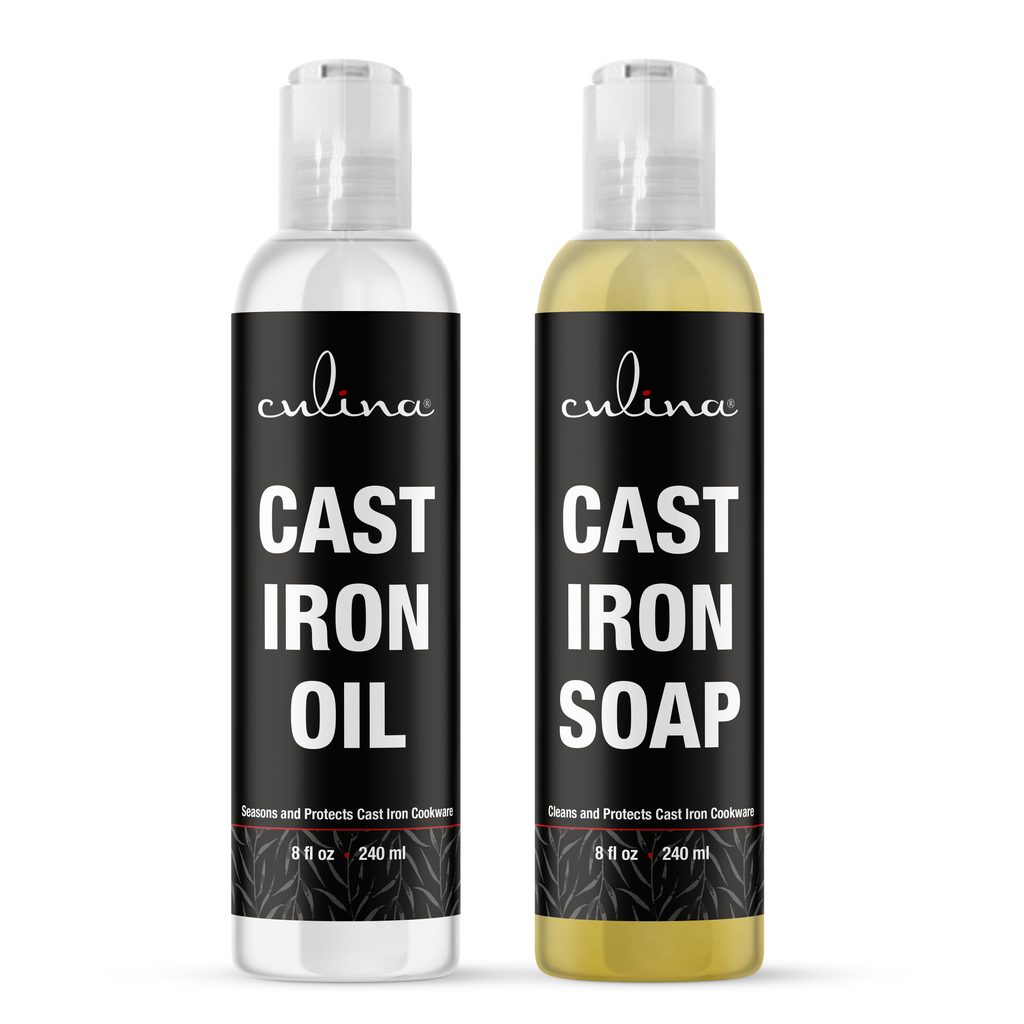How Much Olive Oil Per Day to Lose Weight Effectively?
When it comes to incorporating healthy fats into our diets, olive oil undoubtedly takes the crown. For beauticians and health enthusiasts alike, understanding the precise amount of olive oil to consume daily for effective weight loss is crucial. This guide will dive deep into this topic, addressing the roles, benefits, and the right quantities of olive oil that can support your weight loss journey.
Olive oil is well-respected for its myriad of health properties, primarily due to its rich content of monounsaturated fats and antioxidants. But how much olive oil per day to lose weight? This is the pivotal question many ask.

The Link Between Olive Oil and Weight Loss
Olive oil is often heralded as one of the healthiest fats available. Several studies suggest a connection between adopting a Mediterranean diet, which is rich in olive oil, and successful weight reduction. But, understanding how this works can be a game-changer for beauticians looking to counsel clients.
Firstly, the inclusion of olive oil in your diet can enhance feelings of satiety, leading to reduced overall calorie intake. The natural fats found in olive oil signal to the brain that the body is satisfied, which can help prevent cravings and mindless snacking.

Recommended Daily Intake of Olive Oil for Weight Loss
Research indicates that consuming about 1 to 2 tablespoons (15 to 30 ml) of olive oil per day may be ideal for weight loss while providing the body with essential nutrients. This quantity not only enhances your meals but also aligns with the suggested dietary fats intake.
When considering the type of olive oil, extra virgin olive oil is often the best option due to its higher antioxidant content and healthy nature. Its perfect for salads, drizzling over cooked veggies, or even as a dipping oil for healthy bread choices.

Benefits of Olive Oil Beyond Weight Loss
Besides aiding in weight loss, olive oil is known for its other benefits:
- Cardiovascular Health: Olive oil has been shown to lower bad cholesterol levels and improve heart health.
- Rich in Antioxidants: The high polyphenol content helps combat oxidative stress and inflammation.
- Supports Skin Health: As beauticians understand, healthy skin relies on adequate fat sources, and olive oil can help retain moisture.

How to Include Olive Oil in Your Daily Diet?
Integrating olive oil into your daily routine can be both delicious and nutritious. Here are some practical tips:
- Use it in salad dressings. Combine olive oil with vinegar and spices for a refreshing dressing.
- Drizzle over roasted vegetables or grilled fish to add flavor.
- Utilize it in cooking instead of butter or margarine. Read more about making dressings.
- Add a splash to your smoothies for an energy boost.
The Science Behind Olive Oil and Weight Loss
Numerous studies back the assertions regarding olive oil's role in weight loss. For instance, a study published in the American Journal of Clinical Nutrition indicated that individuals consuming a Mediterranean diet rich in olive oil experienced notable improvements in weight and metabolic rate.
The secret can be attributed to the unique compounds in olive oil. They help maintain insulin levels, which play a critical role in controlling hunger and appetite. Thus, it is essential to monitor portions and maintain the balance of your meals when integrating olive oil.
Olive Oil: A Source of Healthy Fats
Not all fats are created equal, and olive oil offers a plethora of health benefits that contribute to overall wellness. Beauticians can recommend clients to prioritize healthy fats, like those found in olive oil, to support a healthy metabolism.
A healthy intake of fats is crucial for absorption of fat-soluble vitamins (A, D, E, K), which beauticians know are vital for skin and hair health. Incorporating regular healthy fats can pave the way for healthy weight loss.
Conclusion: How Much Olive Oil Per Day?
In conclusion, when considering how much olive oil per day to lose weight, roughly 1-2 tablespoons (15-30 ml) is the recommended amount for optimal health benefits without excessive calorie intake. This balance is essential for anyone, especially beauticians advocating for healthy lifestyles.
It's evident that olive oil is not just a cooking ingredient; it's a powerful health ally. As clients seek methods for healthier living, guidance on the consumption of olive oil can be a transformative addition to their dietary habits.
Frequently Asked Questions
1. Can olive oil help with belly fat loss?
Yes, olive oil may help reduce belly fat when used in moderation as part of a balanced diet.
2. Is it better to consume olive oil raw or cooked?
While both methods are beneficial, consuming olive oil raw preserves more of its antioxidants. For cooking, avoid excessive heat.
3. How can I tell if my olive oil is high quality?
Look for extra virgin olive oil labeled with quality standards; a taste test can also provide insight.
As an Amazon Associate, I earn from qualifying purchases.

